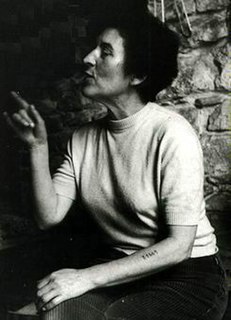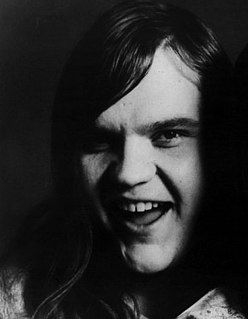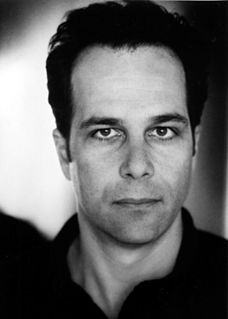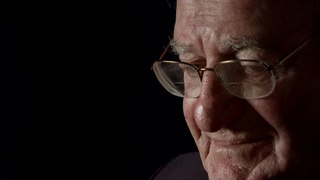A Quote by Charlotte Delbo
Related Quotes
You have your wonderful memories," people said later, as if memories were solace. Memories are not. Memories are by definition of times past, things gone. Memories are the Westlake uniforms in the closet, the faded and cracked photographs, the invitations to the weddings of the people who are no longer married, the mass cards from the funerals of the people whose faces you no longer remember. Memories are what you no longer want to remember.
It's lonely to say goodbye. Very lonely. Please. Cry with me. Maybe there's nothing we can do about this. But at least, for now...cry with me. Like your entire body...is screaming at the sky. Like it's raging against the world. I lost something. And I don't have a single guarantee. The fear of living in this world again after that...I have only a shred of hope to sustain me. So I want you at least...to cry. Cry. Cry with me. Like the day you were first born into this world.




































